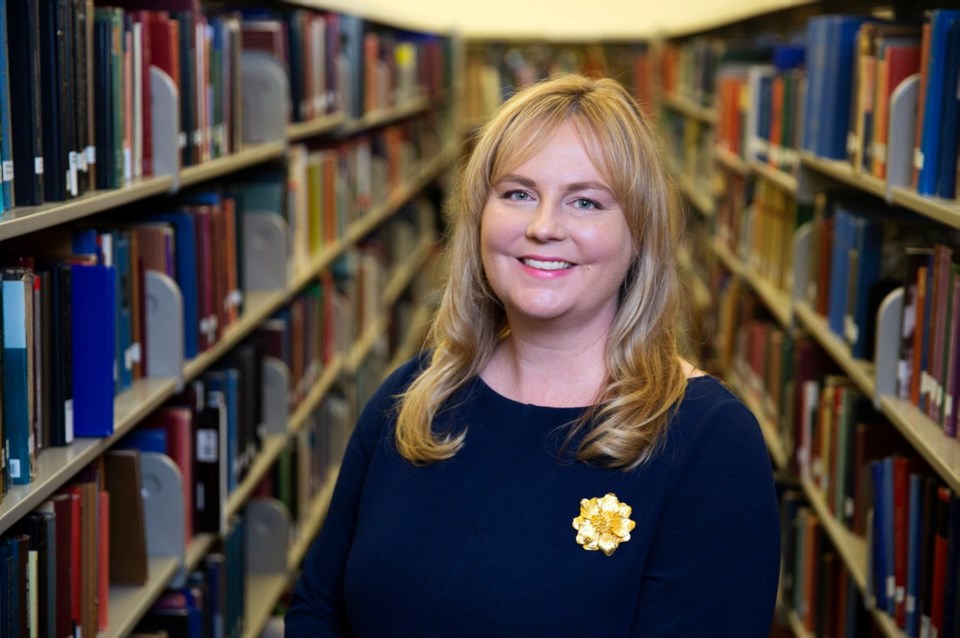When it comes to learning at home, perfection is not possible.
That’s one of the basic tenets for Pia Russell, education and children’s literature librarian at the University of Victoria.
“You’re going to have to find something that’s good enough,” said Russell, who has developed a free online resource to help parents such as her navigate home-learning after schools were closed due to the coronavirus. “You’re your kids’ parent first, not their teacher.”
And it’s not possible to accomplish in a day at home what could be done in a day at school, especially with parents working full-time, said Russell, mother of two children, ages nine and 11.
“People kept asking me, like friends and colleagues: ‘Oh my gosh, how do I home-school my kids?’ ” Russell said. “I thought: ‘Well, I have a bit of knowledge I can share.’ ”
Her online resource lists “tons” of resources for parents, categorized by subject.
“It’s supposed to be kind of a one-stop shop for anything parents might find useful,” said Russell, who admits home learning was “new territory” for her, too. “I put it together few weeks ago and have been adding to it on and off since.”
There have been more than 2,000 page views so far.
The focus is on math, science, language arts, social studies and Indigenous education, with content added at the recommendation of teachers, professors, librarians and parents.
Russell praised the work being done by teachers to help home-learning students, and said after her homes-chooling experience, she has even more respect for the role teachers play in her children’s lives.
Another of Russell’s basic rules is that screen time isn’t all bad, whether children are learning online or maintaining important contact with their friends.
“There’s a lot of amazing content out there and it’s all online,” she said. “That’s really saving us, I think, being able to have your kids watch a TED Talk or many of the wonderful instructional videos.”
She said the Greater Victoria Public Library and the Vancouver Island Regional Library are both good sources of online content, as are public broadcasters such as CBC, TVO and Knowledge Network.
“Routine, routine, routine” is vital for the home learner, she said, and reduces conflict.
“If my kids know that at 9 o’clock every day we’re going to be doing this, at 10’clock we’re going to be doing that — if they have a routine, then everything falls into place,” Russell said. “It just minimizes the conflict in the house because we’re all stuck together.”
Knowing the B.C. curriculum is also valuable, she said.
“The Ministry of Education has an excellent website where you can do a customized search where you can go in, pick your kid’s grade, pick the subject and see the exact content areas that need to be covered.”
A designated learning space is another must, Russell said.
“Whether it’s a coffee table or a kitchen table or a desk in a bedroom, you need to have all the material set up so that kids can just get straight to the task.”
Russell’s guide is at libguides.uvic.ca/learnathome.



